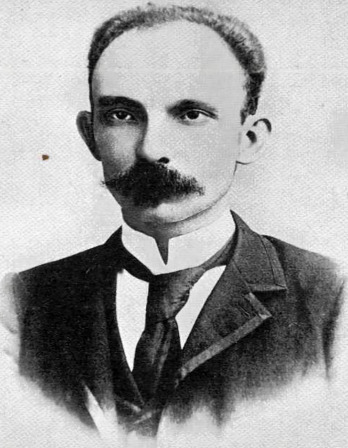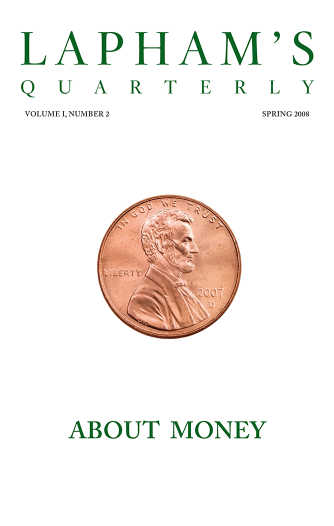Many in this kingdom have had such a continual use of taking this unsavory tobacco smoke as now they are not able to forbear the same, no more than an old drunkard can abide to be long sober without falling into an incurable weakness and evil constitution.
It rests only to inform you what sins and vanities you commit in the filthy abuse thereof. First, are you not guilty of sinful and shameful lust? (For lust may be as well in any of the senses as in feeling.) Although you be troubled with no disease, but in perfect health, yet can you neither be merry at an ordinary meal, nor lascivious in the stews [brothels], if you lack tobacco to provoke your appetite to any of those sorts of recreation, lusting after it as the children of Israel did in the wilderness after quails? Secondly, it is, as you use or rather abuse it, a branch of the sin of drunkenness, which is the root of all sins; for as the only delight that drunkards take in wine is in the strength of the taste and the force of the fume thereof that mounts up to the brain—for no drunkards love any weak or sweet drink—so are not those (I mean the strong heat and the fume) the only qualities that make tobacco so delectable to all the lovers of it? And as no man likes strong heady drink the first day—because “Nemo repente fuit turpissimus” [No one becomes depraved in a moment]—but by custom is piece and piece allured, while in the end, a drunkard will have as great a thirst to be drunk as a sober man to quench his thirst with a draft when he hath need of it—so is not this the very case of all the great takers of tobacco? Which therefore they themselves do attribute to a bewitching quality in it. Thirdly, is it not the greatest sin of all that you, the people of all sorts of this kingdom, who are created and ordained by God to bestow both your persons and goods for the maintenance both of the honor and safety of your king and commonwealth, should disable yourselves in both? In your persons having by this continual vile custom brought yourselves to this shameful imbecility, that you are not able to ride or walk the journey of the Jews’ Sabbath, but you must have a blackened coal brought you from the next poorhouse to kindle your tobacco with? Whereas he cannot be thought able for any service in the wars that cannot endure oftentimes the want of meat, drink, and sleep much more than must he endure the want of tobacco. In the times of the many glorious and victorious battles fought by this nation, there was no word of tobacco.
And is it not a great vanity that a man cannot heartily welcome his friend now, but straight they must be in hand with tobacco? No, it is become in place of a cure, a point of good fellowship, and he that will refuse to take a pipe of tobacco among his fellows is accounted peevish and no good company, even as they do with tippling in the cold eastern countries. Yea, the mistress cannot in a more mannerly kind entertain her servant than by giving him out of her fair hand a pipe of tobacco. But herein is not only a great vanity but a great contempt of God’s good gifts—that the sweetness of man’s breath, being a good gift of God, should be willfully corrupted by this stinking smoke, wherein I must confess it hath too strong a virtue. And so that which is an ornament of nature and can neither by any artifice be at the first acquired, nor once lost, be recovered again, shall be filthily corrupted with an incurable stink, which vile quality is as directly contrary to that wrong opinion which is beholden of the wholesomeness thereof as the venom of putrefaction is contrary to the virtue preservative.
Have you not reason then to be ashamed and to forbear this filthy novelty, so basely grounded, so foolishly received, and so grossly mistaken in the right use thereof? In your abuse thereof sinning against God, harming yourselves both in persons and goods and raking also thereby the marks and notes of vanity upon you, by the custom of making yourselves to be wondered at by all foreign civil nations and by all strangers that come among you, to be scorned and condemned. A custom loathsome to the eye, hateful to the nose, harmful to the brain, dangerous to the lungs, and in the black stinking fume thereof, nearest resembling the horrible Stygian smoke of the pit that is bottomless.
From “A Counterblaste to Tobacco.” When Christopher Columbus set ashore in the Bahamas in October 1492, he was given by the inhabitants “fruit, wooden spears, and certain dried leaves which gave off a distinct fragrance.” This was the Old World’s first encounter with tobacco, and Columbus dumped the leaves overboard—although other specimens did return with the sailors. James assumed the crown of England and Ireland in 1603, one year before publishing this spirited attack, which he followed with a 4,000 percent increase on the importation tax of tobacco.
Back to Issue




